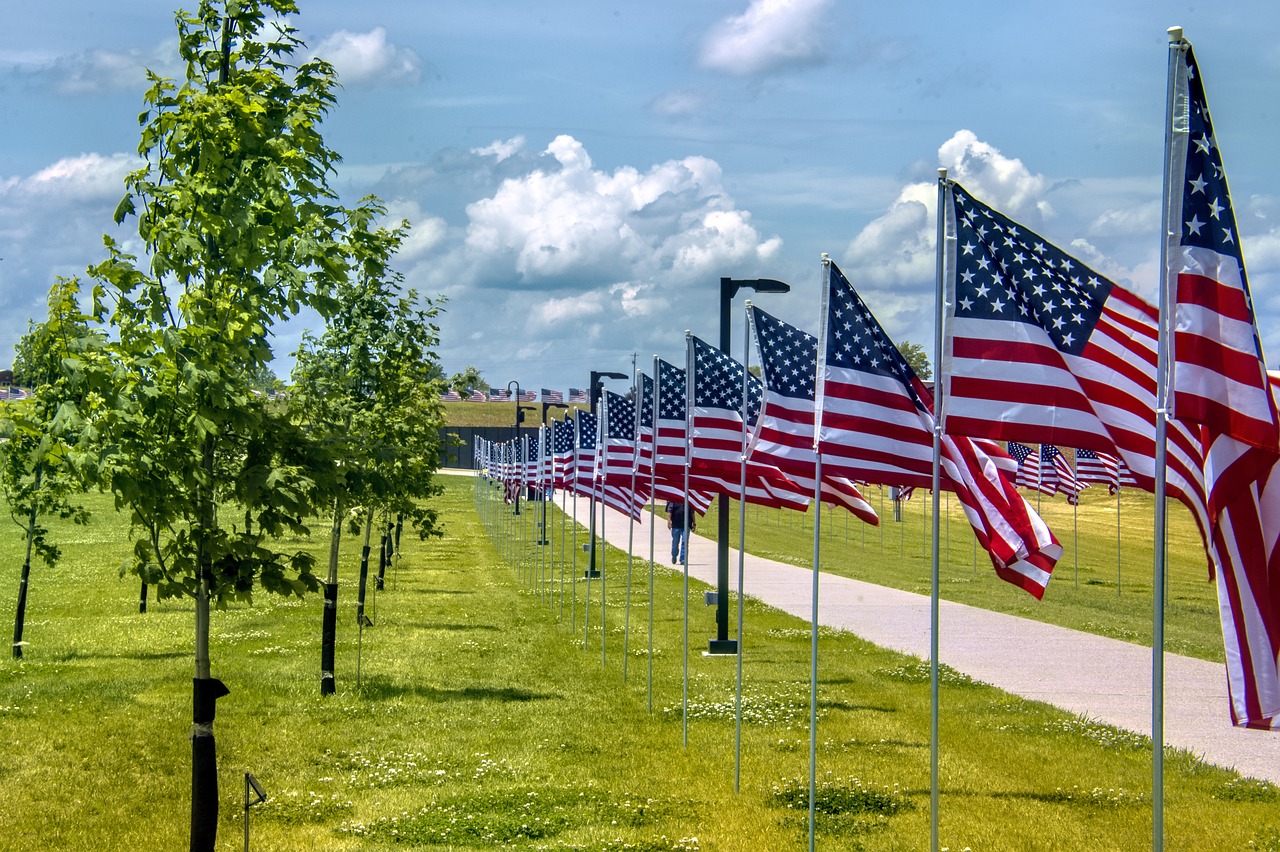Every November 11th, millions of Americans come together to honor the men and women who have served in the armed forces. Veterans Day is not just a day off from work or school; it is a solemn occasion dedicated to recognizing the sacrifices made by veterans who have defended our freedoms and values. Understanding the history and significance of this day can deepen our appreciation for those who have served.
The Origins of Veterans Day
Veterans Day was originally known as Armistice Day, commemorating the end of World War I, which officially concluded with the signing of the Armistice on November 11, 1918. This day marked the cessation of hostilities on the Western Front, a moment celebrated for its promise of peace. In 1954, following the conclusion of World War II and the Korean War, the U.S. Congress amended the Act of 1938, which had established Armistice Day, to honor all veterans, not just those who fought in World War I. Thus, November 11 became Veterans Day—a day to recognize and celebrate all who have served in the military.

The Importance of Remembrance
Veterans Day serves as a powerful reminder of the sacrifices made by those who have donned the uniform. These individuals have faced extraordinary challenges, from the intense physical demands of training to the emotional toll of combat. Many have returned home changed, carrying the weight of their experiences with them. Honoring veterans helps us acknowledge their struggles and triumphs, reminding us that our freedoms come at a cost.
Commemorating Veterans Day is essential not only for veterans themselves but also for the broader community. It fosters a sense of national pride and unity. When we pause to reflect on the service of our veterans, we recognize the values they fought to protect: liberty, justice, and equality. This reflection encourages a collective appreciation for the privileges we enjoy as citizens of a free society.
Celebrating Service and Sacrifice
Each Veterans Day, a variety of ceremonies and events take place across the country. From parades and memorial services to educational programs in schools, communities come together to express their gratitude. These events provide a platform for veterans to share their stories, helping bridge the gap between military and civilian life. When we listen to their experiences, we gain insight into the realities of service and the complexities of reintegration into civilian life.
Moreover, local and national organizations often use Veterans Day as an opportunity to provide resources and support to veterans and their families. This might include job fairs, health screenings, or workshops focused on mental health. By actively engaging with our veterans, we not only honor their service but also contribute to their well-being and integration into society.

The Role of Community
Communities play a vital role in honoring veterans. Local businesses may offer discounts, schools may hold assemblies, and neighbors may simply take a moment to express their gratitude. These small gestures collectively contribute to a culture of respect and appreciation for veterans. It is crucial that we remember veterans not just on Veterans Day, but throughout the year. A simple “thank you for your service” can go a long way in making a veteran feel valued.
Additionally, engaging with veteran organizations can provide ongoing support to those who have served. Whether through volunteering time, donating resources, or advocating for veterans’ rights, there are numerous ways to give back. This commitment to support veterans strengthens our communities and reinforces the bond between civilians and those who have served.
The Continued Relevance of Veterans Day
In recent years, the conversation surrounding veterans has evolved to include issues such as mental health, homelessness, and the transition to civilian life. Veterans Day serves as a crucial platform for raising awareness about these challenges. The high rates of PTSD, depression, and suicide among veterans underscore the importance of providing adequate support systems. By acknowledging these issues on Veterans Day, we can advocate for policies and programs that address the needs of our veterans.
Conclusion: A Call to Action
As we gather to honor our veterans on November 11th, let us remember that our gratitude should extend beyond this single day. We must strive to understand and appreciate the sacrifices made by these brave individuals. By fostering a culture of respect and support, we can ensure that our veterans receive the recognition and assistance they deserve.
This Veterans Day, take a moment to reflect on the meaning of service and sacrifice. Attend a local event, share stories of valor, or simply reach out to a veteran in your life. Let us honor their legacy not just in words but in actions, creating a world where veterans feel valued and supported every day of the year. Together, we can make a difference in the lives of those who have given so much for our freedom.
